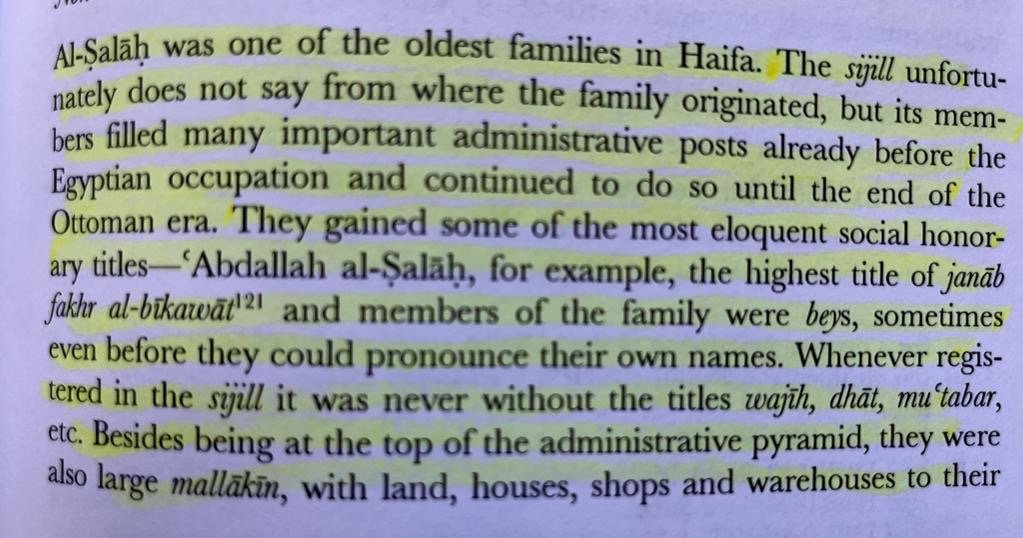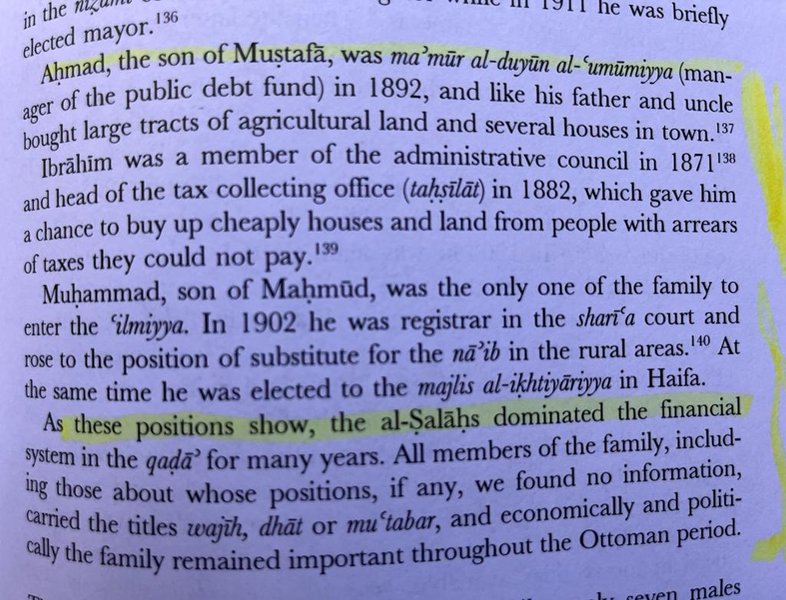Sublime
An inspiration engine for ideas
When asked for a decision, Shah Soltan Hosein would tend to agree with whoever approached him last – usually with the words Yakhshi dir (‘It is good’ in the Turkic court language).
Michael Axworthy • Sword of Persia: Nader Shah, from Tribal Warrior to Conquering Tyrant

23 The members of the half-tribe of Manasseh lived in the land; they were very numerous from Bashan to Baal-hermon, Senir, and Mount Hermon. 24These were the heads of their clans: Epher,[26] Ishi, Eliel, Azriel, Jeremiah, Hodaviah, and Jahdiel, mighty warriors, famous men, heads of their clans. 25But they transgressed against the God of their ances
... See moreC. S. Lewis • The C. S. Lewis Bible: For Reading, Reflection, and Inspiration
Until well into the seventeenth century, the Ottoman sultans balanced their dependence on the political and military service of the Turkish aristocracy by recruiting a slave army of Muslim converts (perhaps seven or eight thousand a year) separated in childhood from their Christian parents. Devshirme recruitment obliterated the ties of kinship and
... See moreJohn Darwin • After Tamerlane: The Rise and Fall of Global Empires, 1400-2000


Nizam ul-Mulk was an ingenious general but an even more talented statesman, using bribery and intrigue to achieve what his old-fashioned and outmoded Mughal armies could not. While breaking from the direct control of Delhi, he made a point of maintaining his nominal loyalty to the Mughal Emperor, and throughout the eighteenth century the people of
... See moreWilliam Dalrymple • White Mughals: Love and Betrayal in Eighteenth-Century India
By 1520, Selim had grown accustomed to being the ruler of the world’s largest empire, sultan and caliph, God’s shadow on earth.
Alan Mikhail • God's Shadow: Sultan Selim, His Ottoman Empire, and the Making of the Modern World
Because of the unique status he had earned for himself, Selim was the only ruler capable of leading such a program of reform, the only Muslim monarch able to adapt the civilization and institutions of Islam to stand as universal principles of governance. His retooling of the court system for worldly rule represented one of the most monumental admin
... See more